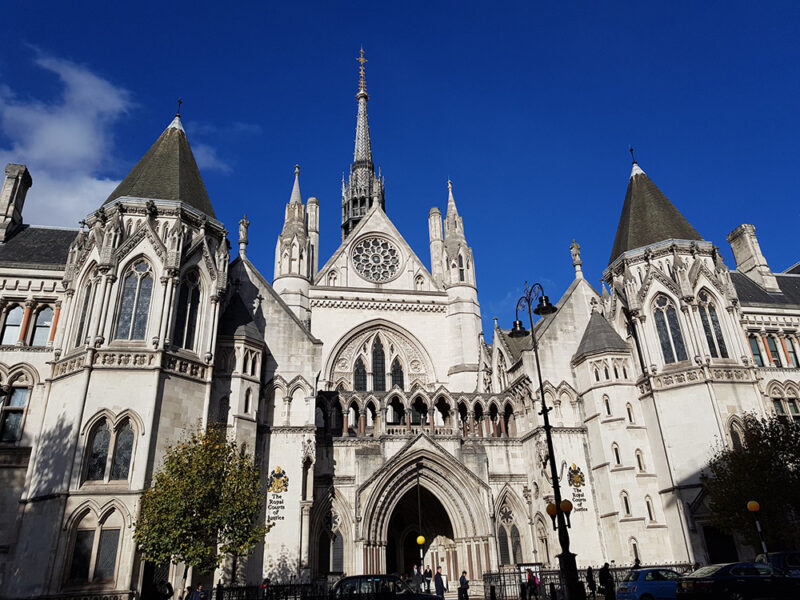
24 Sep Court finds data retention by the Metropolitan Police Service under the Prevent Strategy unlawful
The Court found today that the retention of data by the Metropolitan Police Service on a 16-year-old child (known as II) from the age of 11 was unlawful and a disproportionate interference with his right to private life; namely, that it was a breach of his Article 8 right under the European Convention on Human Rights, as well as sections 35 and 39 of the Data Protection Act 2018.
Whilst the police case was closed in June 2016 due to no counter-terrorism concerns and no evidence of radicalisation, the Metropolitan Police Service nonetheless decided to retain the data. This resulted in the data being held across 10 separate databases, accessible to not only the police, but also local authorities and the Home Office.
The Metropolitan Police Service argued that the retention would have “minimal impact” on II, with no prospect of it being shared. However, the Court found that they had “underestimated the impact of the interference with the Claimant’s privacy rights entailed in retaining data about his alleged views and statements when he was 11 years old” and went on to conclude that “as long as the Claimant’s personal data is retained, he will continue to fear that it may be disclosed to third parties, particularly universities” as there is no guarantee that it would not be disclosed.
This is an important judgment that illustrates the unlawful exercise of police powers under the Prevent Strategy, which has been in existence since 2011.
The Claimant’s mother said:
“A dark cloud had loomed over my family for the past five years. My son had grossly misinformed allegations cast against him that could have had the potential to destroy his future. To constantly live, not knowing whether false information about your child, accessible by public bodies, would be shared, hampering his chance to live freely in a country you have always known to be home, is beyond heart-breaking. For us, this cloud passed, because we knew where and who to seek advice from, we were guided by a brilliant legal team, but what about those who don’t know?”
Bharine Kalsi of Deighton Pierce Glynn, solicitor for the Claimant, said:
“The Court today has found that there was ‘no policing purpose’ for the retention of data concerning II; data which alludes to radicalisation, but which our client has always maintained is untrue. Today’s judgment means this data will no longer cast a worrying shadow over II’s bright future, particularly as there was no guarantee that it would not be shared with other organisations and institutions. It is now time for the authorities to look at their exercise of power under the Prevent Strategy, which continues to unjustly target innocent individuals, in particular children from the Muslim community by wrongly labelling them as extremists.”
Legal representatives: Jude Bunting of Doughty Street Chambers and Bharine Kalsi of Deighton Peirce Glynn
